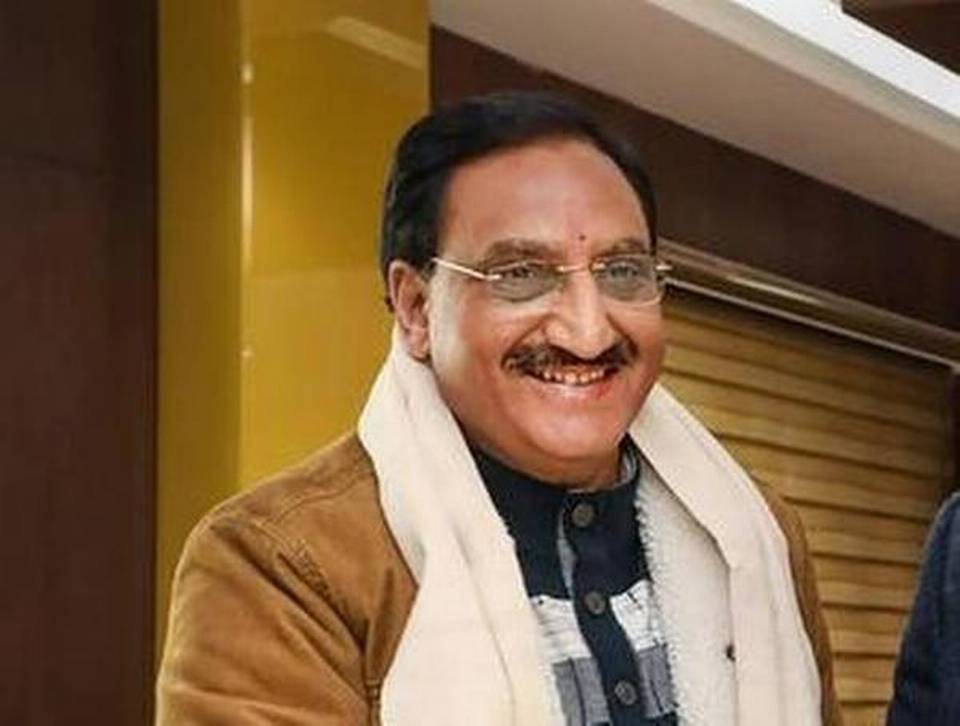
It will encourage students to bond with country and make it a superpower, he says
To a question on whether the National Education Policy would propagate secular, democratic and socialist values, Education Minister Ramesh Pokhriyal Nishank told the Lok Sabha that the Policy envisions an education system “rooted in an Indian ethos” which will encourage students to bond with their country and contribute directly to make India a global knowledge superpower.
Earlier this year, a revision of the CBSE syllabus for the COVID-shortened school year attracted controversy when sections on secularism and democracy were excluded.
The question came from Rajmohan Unnithan, a Congress MP from Kerala, who asked if there is “any clear-cut direction in the National Education Policy 2020 regarding the propagation of secular, democratic and socialist values in educational institutions” and also if there was any concrete direction to impart “the constitutional values of Justice [social, economic, and political], Liberty of thought, expression, belief, faith, and worship, Equality of status and opportunity and Fraternity ensuring the dignity of individual and unity and integrity of the nation”.
In his written response on Monday, Mr. Nishank said NEP 2020 “envisions an education system rooted in Indian ethos that contributes directly to transforming India, that is Bharat, sustainably into an equitable and vibrant knowledge society, by providing high-quality education to all, and thereby making India a global knowledge superpower”. He said the curriculum and teaching must develop among students “a deep sense of respect towards the Fundamental Duties and Constitutional values, bonding with one’s country and a conscious awareness of one’s roles and responsibilities in a changing world”.





















